The Ministry of Finance is seeking comments on the draft Decision of the Prime Minister stipulating the functions, tasks, powers and organizational structure of the General Department of Taxation under the Ministry of Finance.
One of the highlights is that the Ministry of Finance wants to convert the Tax Inspection - Examination Department model into the General Department of Taxation Inspectorate.
According to the Ministry of Finance, in recent years, violations of illegal purchase and use of invoices and illegal use of invoices have been extremely complicated and serious; along with that, violations in the field of value-added tax refunds have become increasingly sophisticated, with a huge amount of tax appropriated from the state budget, typically: the case of buying and selling invoices occurring in Phu Tho province, Quang Ninh province, the case of appropriating value-added tax refunds of Thu Duc House...
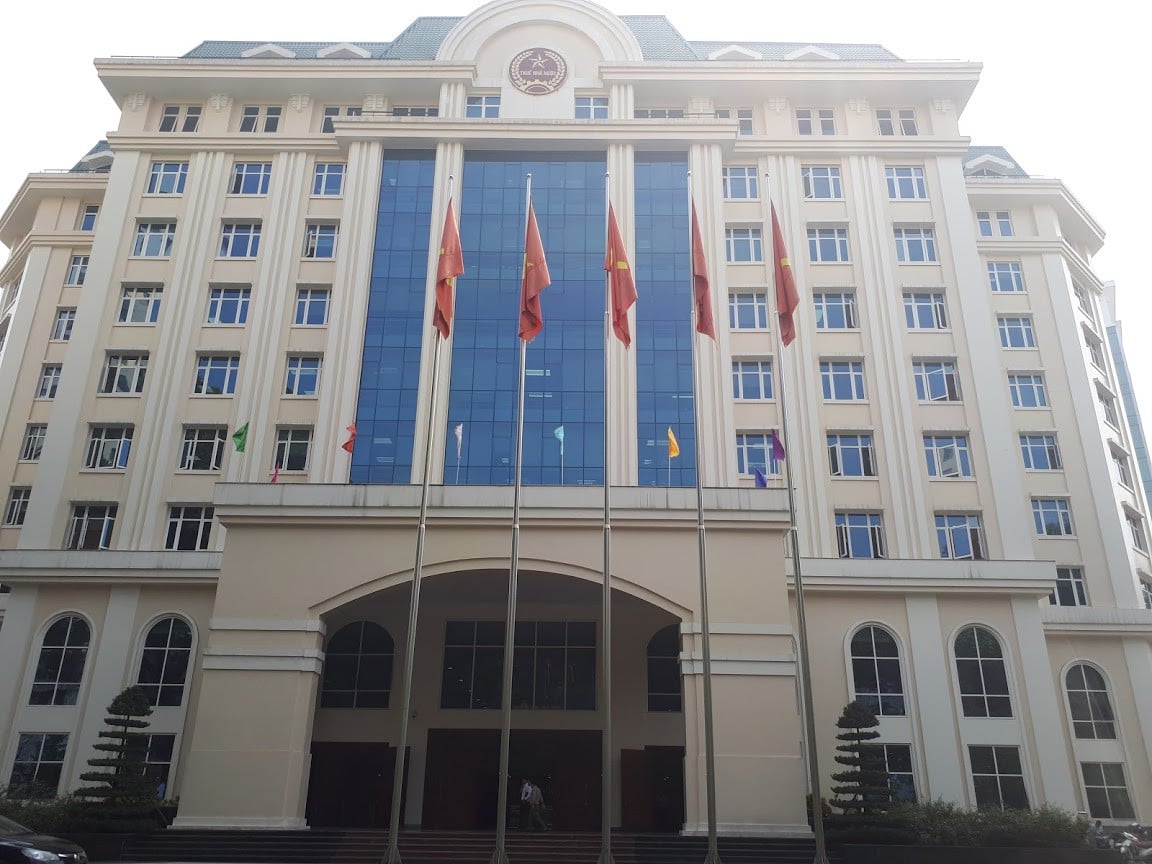
Along with the increasingly simple tax administrative procedures, creating convenience for taxpayers, subjects have taken advantage of loopholes in policies and management processes to commit extremely sophisticated violations in a very short time.
"Accordingly, the requirement is that tax authorities must step up inspection and examination activities, especially in the current widely used electronic environment and information systems," the Ministry of Finance argued.
In Decision No. 15/2021/QD-TTg, in order to enhance the initiative in organizing tax inspection and examination, the Prime Minister allowed the restructuring of the Tax Inspection and Examination Department into the Tax Inspection and Examination Department model. The above model change has initially created favorable conditions for the tax sector to effectively perform tax inspection and examination tasks.
However, the Ministry of Finance believes that: With the model of the Department performing the advisory function for the General Department (the agency assigned to perform the specialized inspection function), some authorities related to inspection and examination work are still limited, such as: The Director of the Department does not have the authority to issue an inspection and examination decision when detecting signs of violations, and does not have the authority to issue a decision to sanction administrative violations of tax.
On November 14, 2022, the Inspection Law No. 11/2022/QH15 was passed by the National Assembly. The Law consists of 8 chapters with 118 articles regulating the organization and operation of inspection, effective from July 1, 2023, including regulations allowing the establishment of the General Department Inspectorate.
The General Inspectorate has a Chief Inspector who leads, directs and inspects inspection work within the scope of the General Department's management. The General Inspectorate leaders perform duties and powers according to the provisions of the Law on Inspection and other relevant legal provisions; decide on inspections when detecting signs of law violations and impose administrative sanctions or recommend competent authorities to impose administrative sanctions according to the provisions of the law on handling administrative violations.
According to the Ministry of Finance, with the above-mentioned independent model and functions, the General Department of Taxation Inspectorate will have the conditions to perform specialized inspection tasks in the tax field, ensuring to improve the effectiveness and efficiency in state management, fully meeting the legal basis and being suitable to the practical situation of the tax administration agency.
The number of civil servants doing tax inspection and examination work in the tax system is nearly 10,000 officers and civil servants (not including the inspection department at tax branches). Regarding the organizational structure, the Ministry of Finance plans to organize the General Department of Taxation Inspectorate to include 7 departments: (1) General Department; (2) Department of Inspection - Transfer Pricing Inspection; (3) Department of Tax Inspection - Inspection No. 01; (4) Department of Tax Inspection - Inspection No. 02; (5) Department of Post-Inspection Handling; (6) Department of Inspection - Inspection for handling denunciations and preventing corruption and negativity; (7) Department of handling complaints and supervising inspection and examination. |
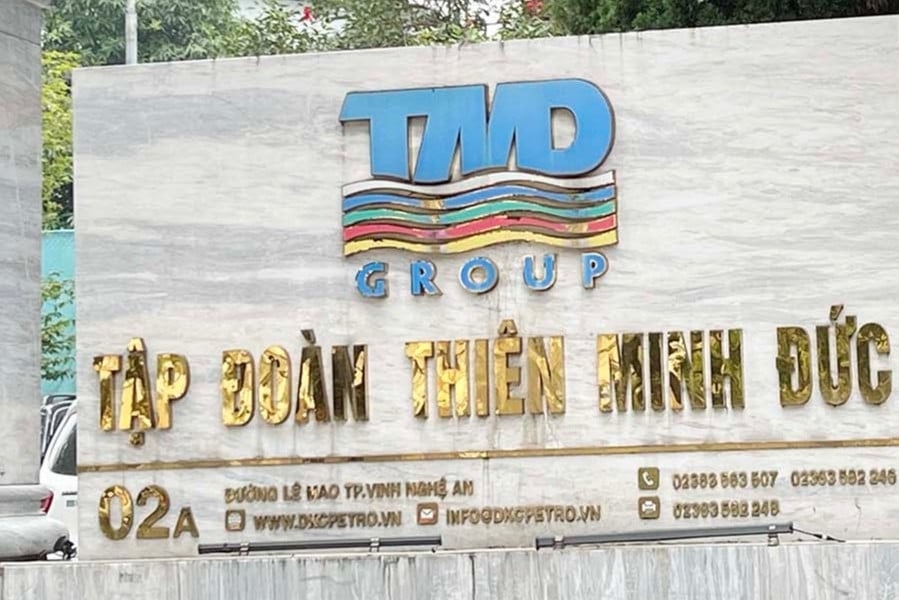
Source


![[Photo] Closing of the 11th Conference of the 13th Central Committee of the Communist Party of Vietnam](https://vstatic.vietnam.vn/vietnam/resource/IMAGE/2025/4/12/114b57fe6e9b4814a5ddfacf6dfe5b7f)



![[Photo] Overcoming all difficulties, speeding up construction progress of Hoa Binh Hydropower Plant Expansion Project](https://vstatic.vietnam.vn/vietnam/resource/IMAGE/2025/4/12/bff04b551e98484c84d74c8faa3526e0)

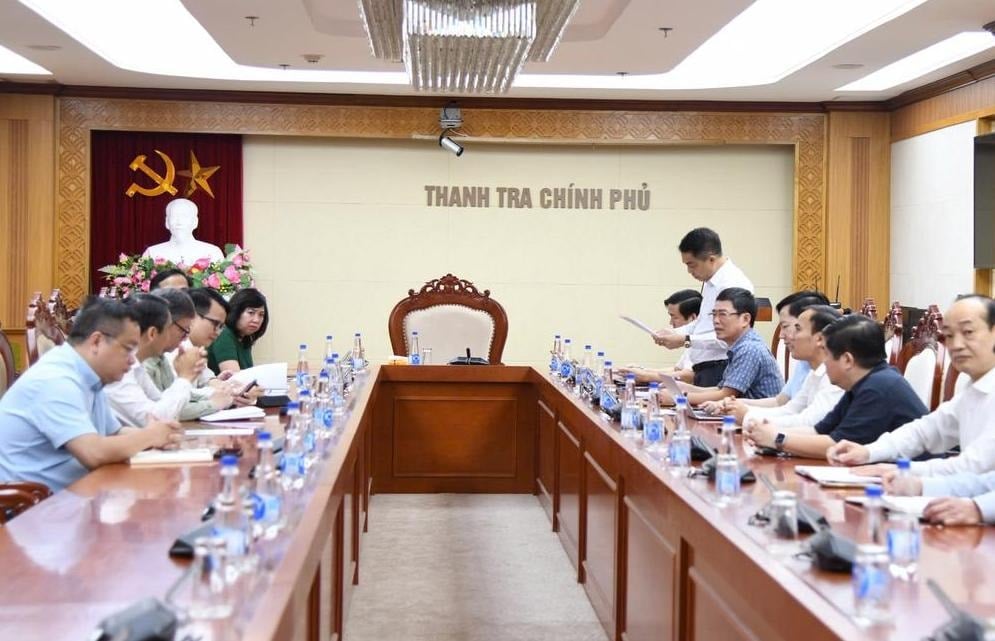

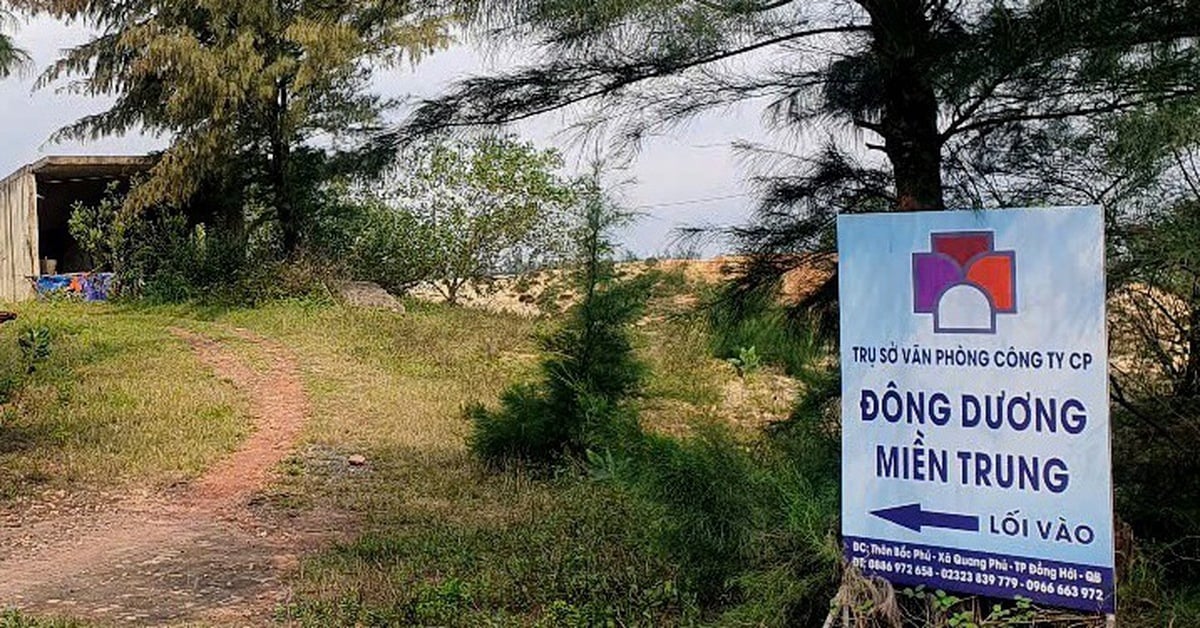

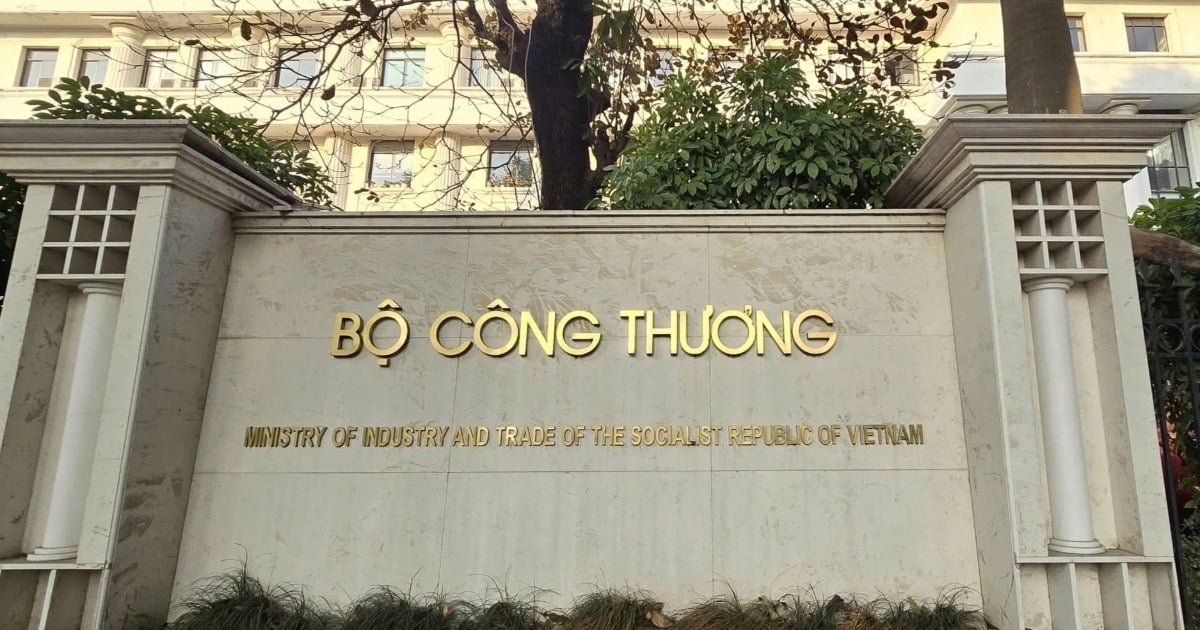

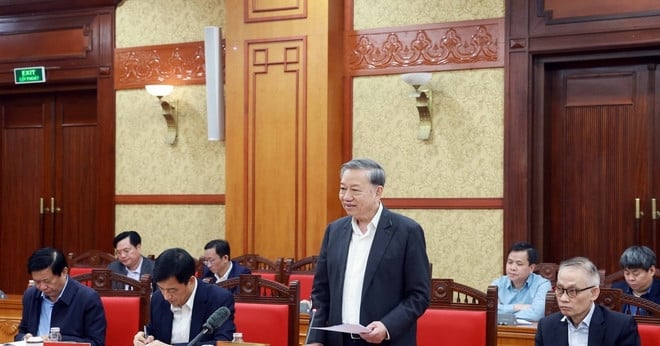
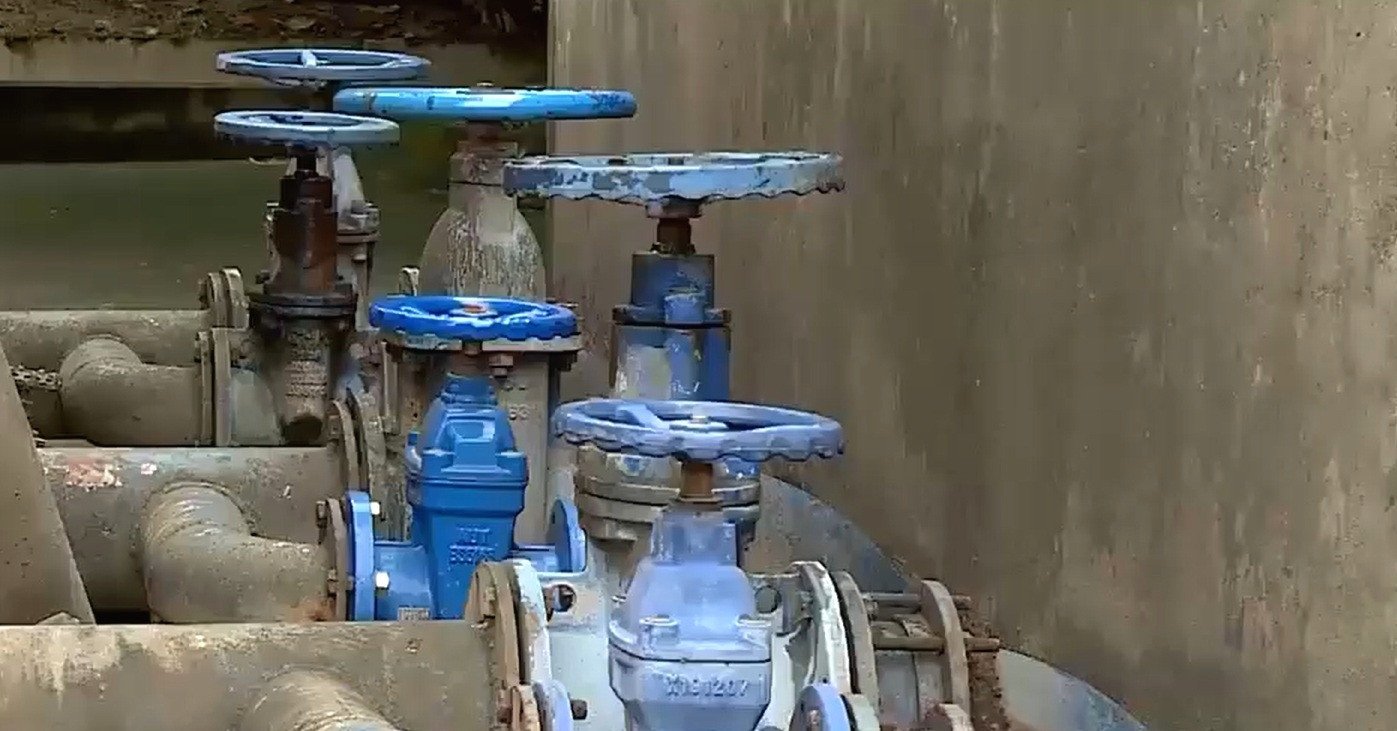

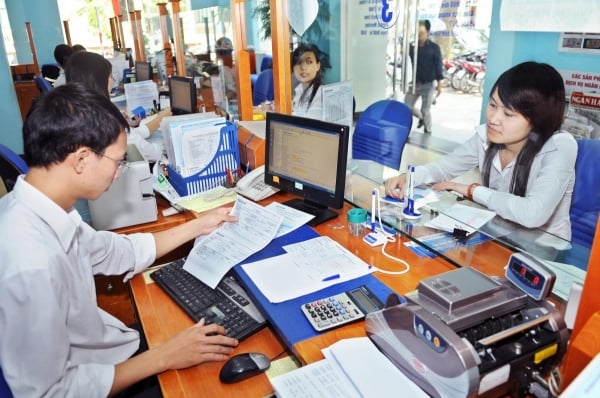


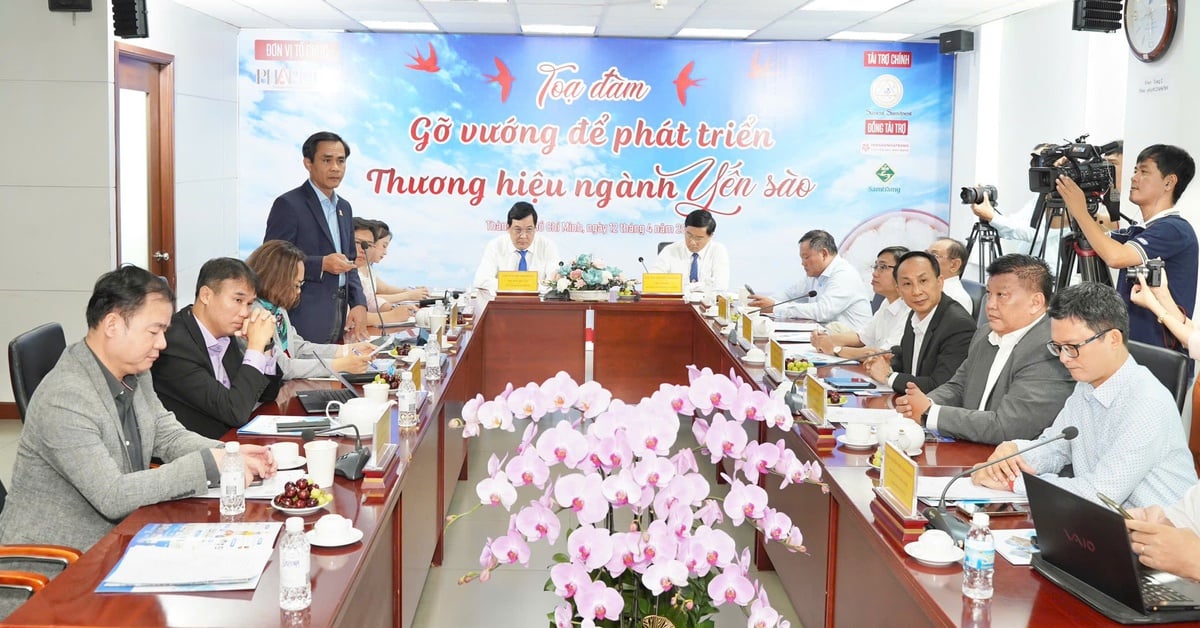
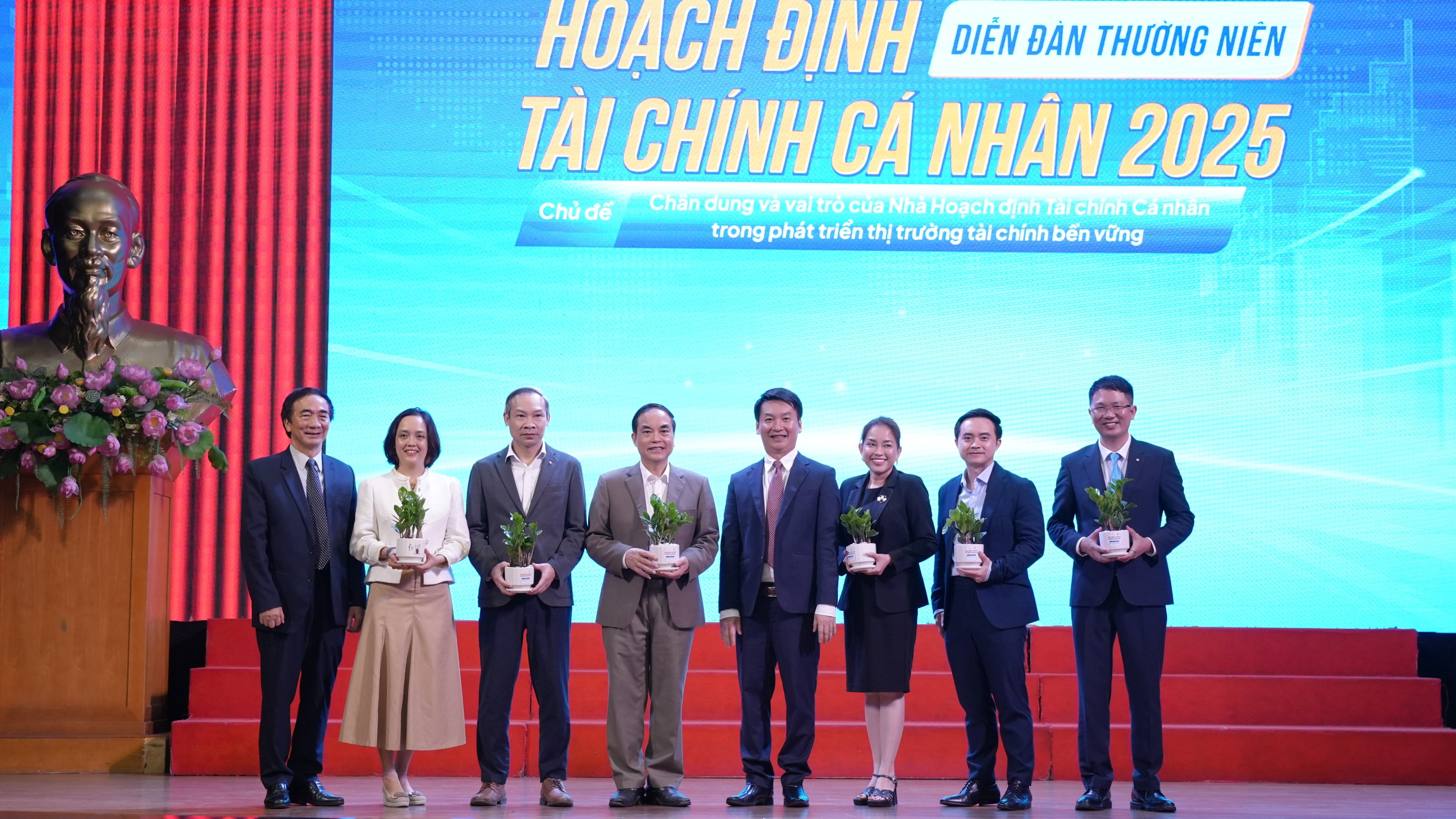
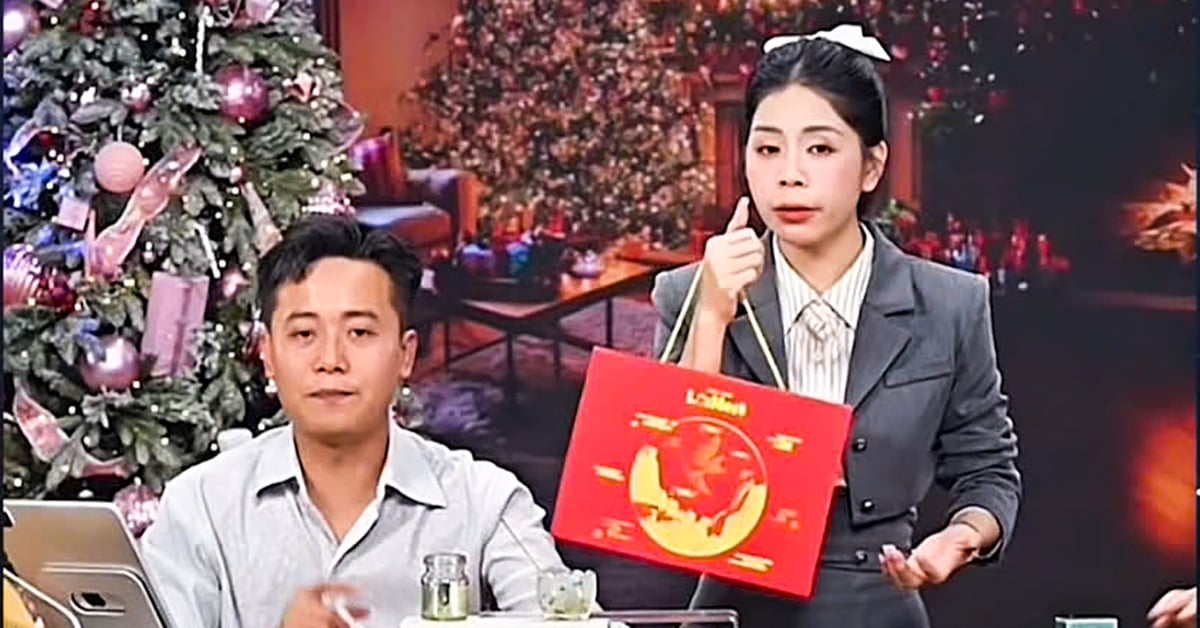




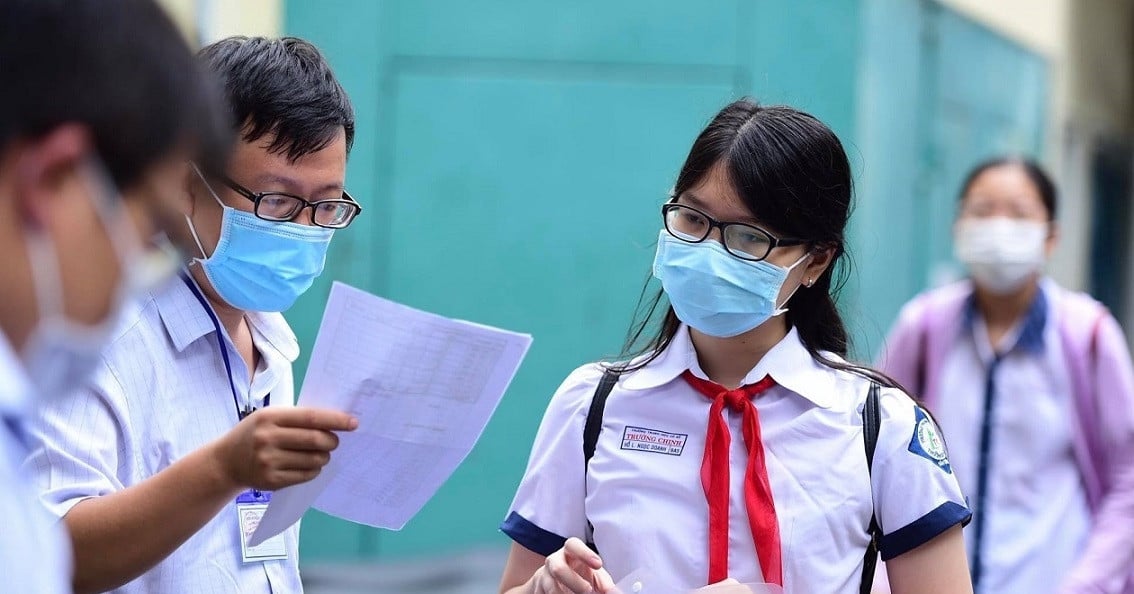

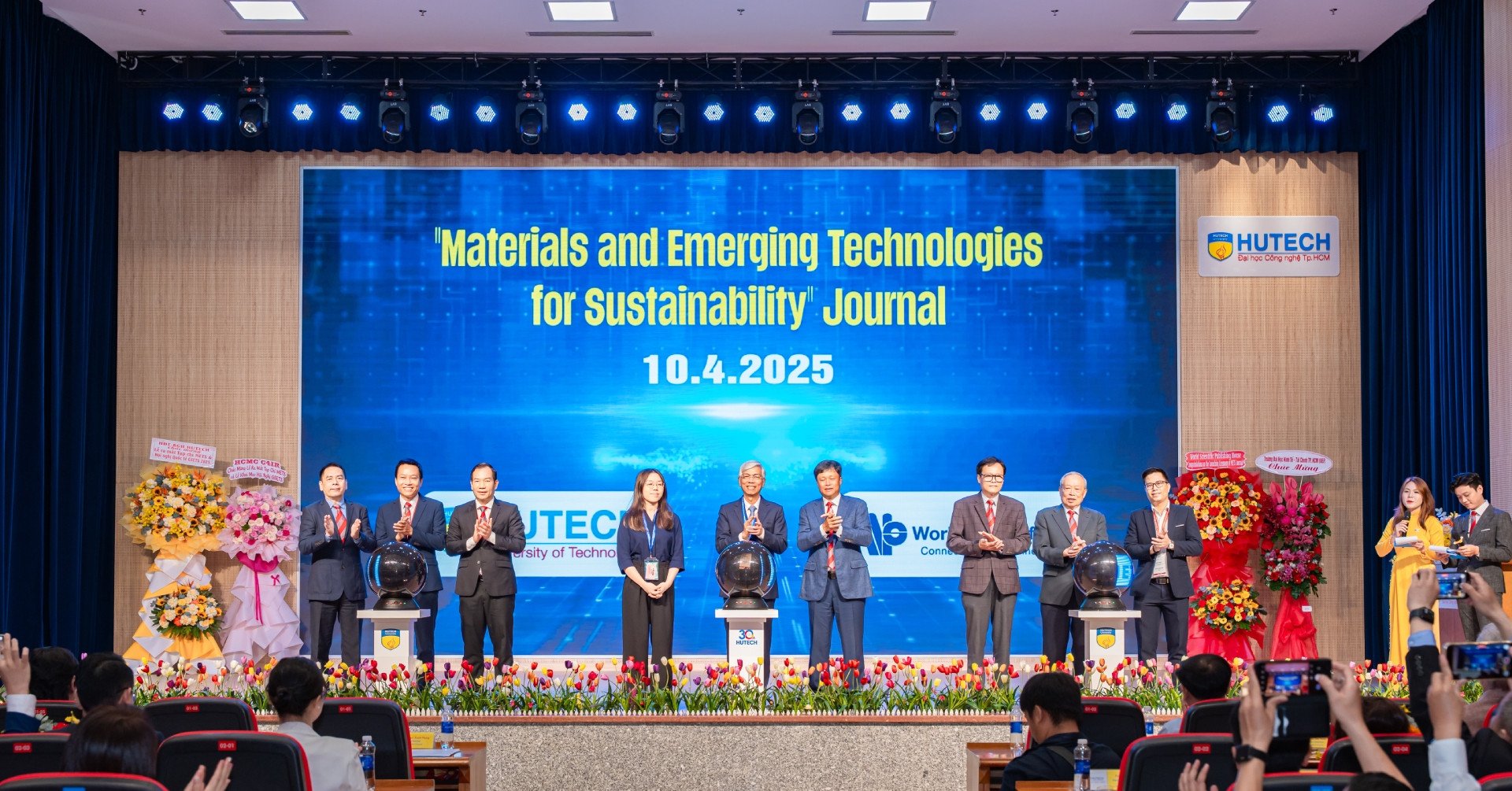














































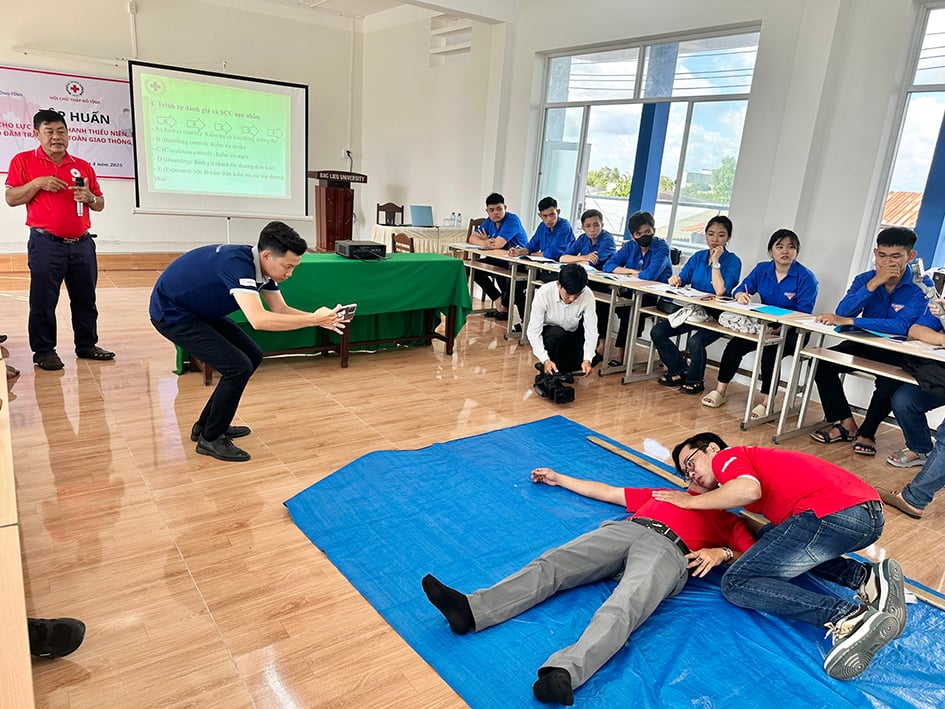
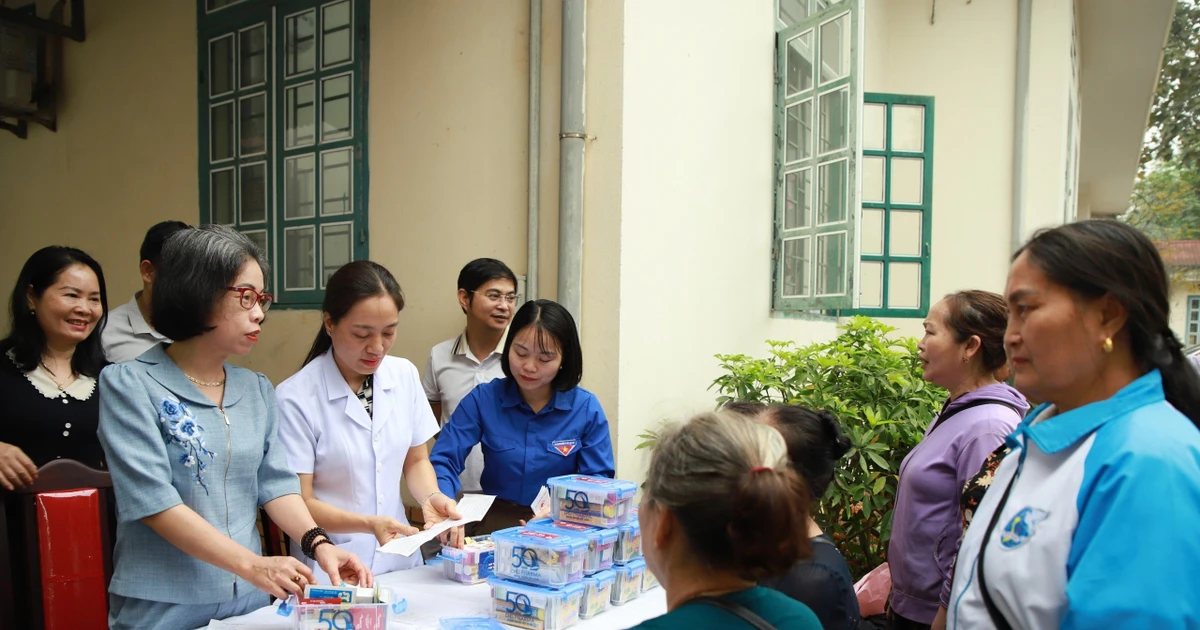

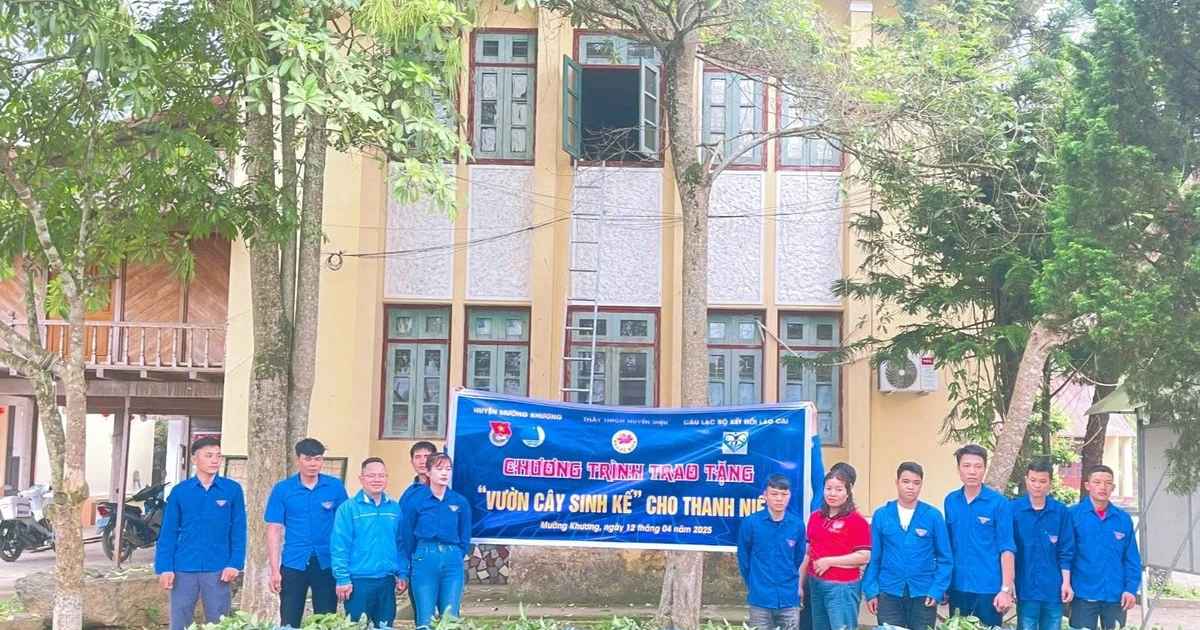















Comment (0)